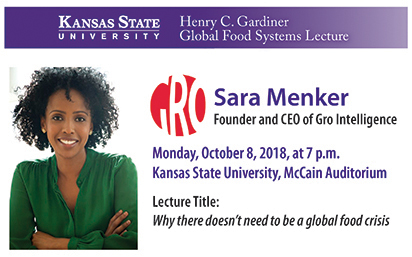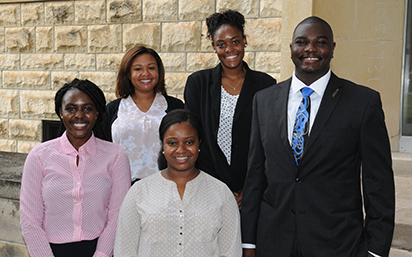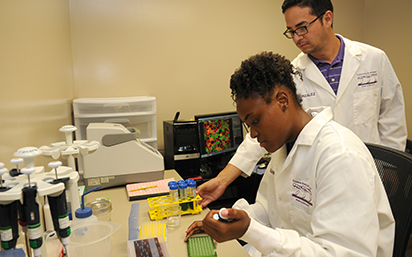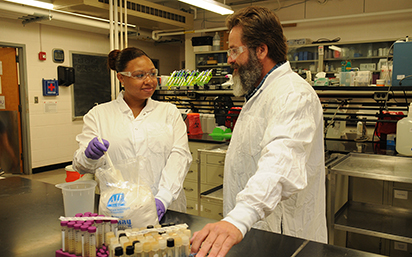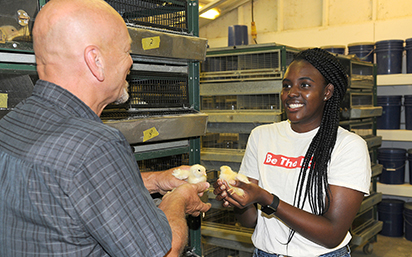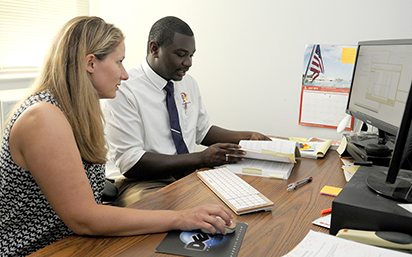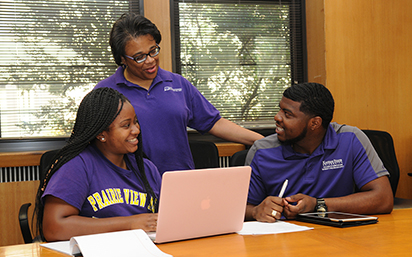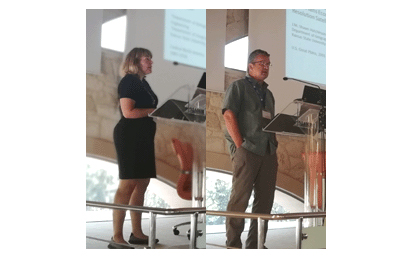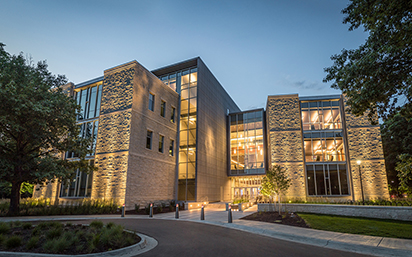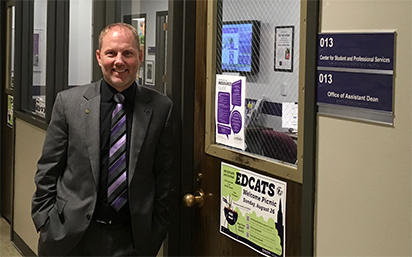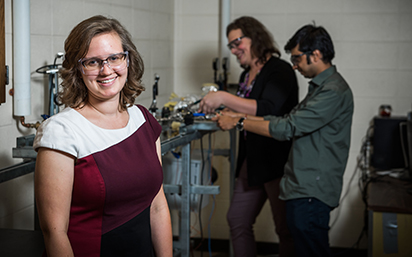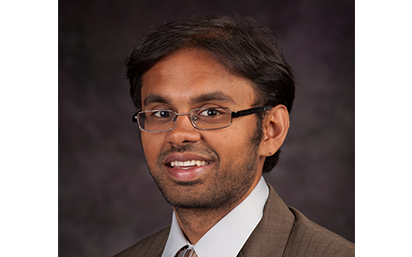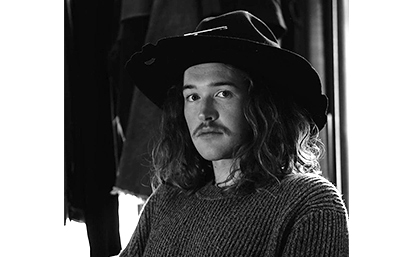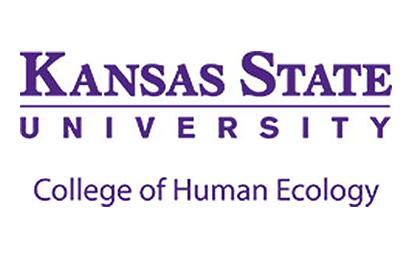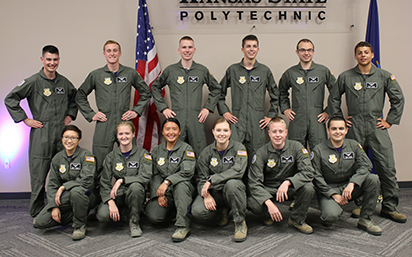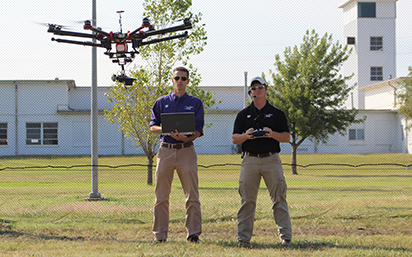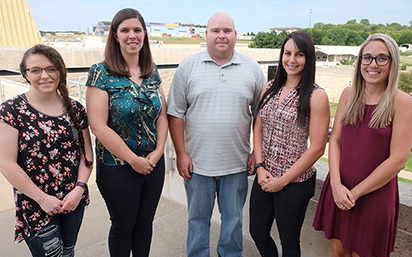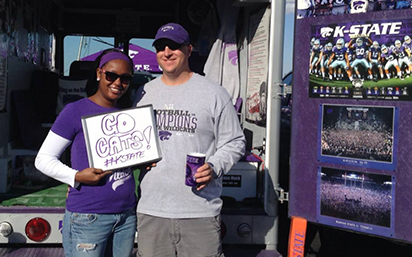
‘This is how we tailgate’: Wildcat fans prep for football season
On every home gameday in the fall in Manhattan, Kansas, the empty parking lots outside
Bill Snyder Family Stadium transform into a giant celebration of purple pride, as
K-Staters gather to tailgate before the football game.
You can smell the delicious food cooking on barbecue grills across the parking lot,
hear the sounds of laughter as family and friends gather together and swap favorite
K-State memories, and see Powercat flags waving in the breeze.
Tailgating is a time-honored K-State tradition, and we asked alumni and friends to
share some of their favorite tailgating photos. See some of these photos in the gallery
below, and then read on for more news and updates that will help you get prepped for
K-State football season!
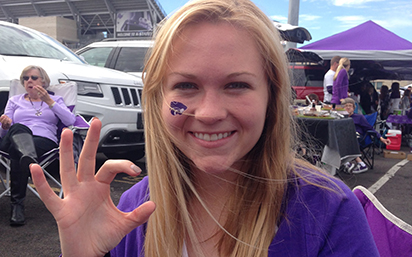
Katy S. Ames, Manhattan, Kansas, shared this photo of her daughter, Kimberly, who is a 2018 K-State graduate. “Her first tailgate was as a newborn in 1995.” (Courtesy photo)
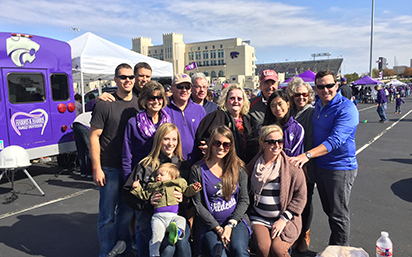
Gia Scott ’77, Hays, Kansas, shared this photo of Scott Family Football Weekend. “This has been a tradition for 40 plus years! There are eight K-State grads or current students in this picture.” (Courtesy photo)
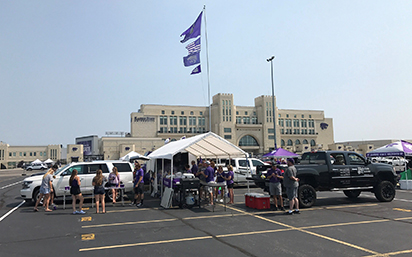
Thanks to the Pestinger family for submitting this photo! This family of proud K-Staters includes Mike (attended 1984-87); Karen (graduate certificate, 2015); son, Matt ’15; and son, Blake (still at K-State), from Beloit, Kansas. The family sets up five hours before every game and entertains between 75-100 people. (Courtesy photo)
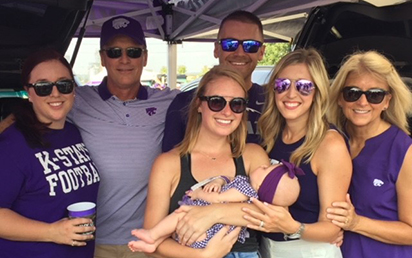
The Klug family celebrates multiple generations of K-Staters at their tailgate. Pictured are Kelly ’84 and Cindy ’84 Klug, Columbia, Missouri; Katie and Maggie Klug ’17, Leawood, Kansas; and Nick ’10 and Leslie ’11 and Livi Klug, Great Bend, Kansas. “(This is) Livi’s first family tailgate and many, many more ahead!” (Courtesy photo)
Are you ready for K-State football? So are we! Here are six ways you can get hyped for the new season:
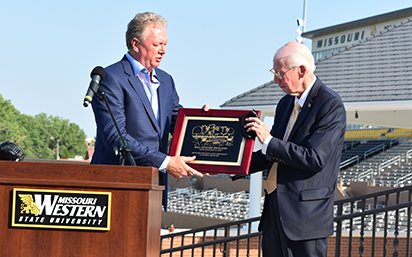
1. Learn more about the Bill Snyder Pavilion dedication
Missouri Western State University recently dedicated Bill Snyder Pavilion in honor
of K-State’s head football coach, who grew up in St. Joseph, Missouri. Read a full article about the dedication from the Kansas City Star. (Photo: Diane Holtz, Missouri Western State University)
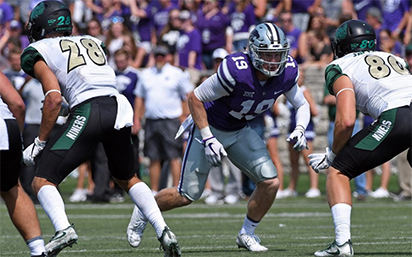
2. Check out our Ultimate Football Guide
Find everything you need to get ready for football season in the K-State Alumni Association’s
Ultimate Football Guide, including tailgating recipes, away game information and more. And if you can’t make
it back to Manhattan for gameday? Look for watch parties in your area. (Photo: K-State
Athletics)
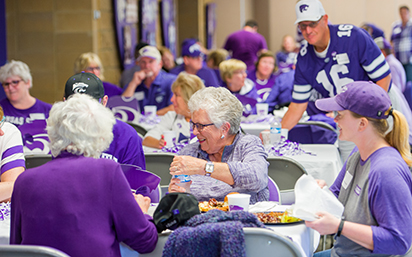
3. Attend one of our pregames
The K-State Alumni Association’s pregame events are a great way to gather with fellow
K-Staters before the big game and enjoy food, drinks and plenty of K-State pride.
Learn more. (Photo: David Mayes ’96, K-State Alumni Association)
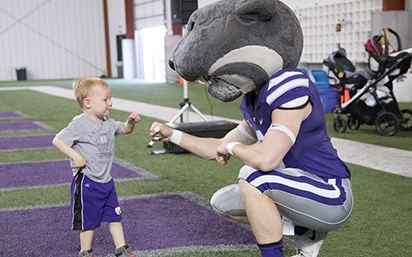
4. Sign up for Junior Wildcats Club
Do you know a young Wildcat fan who loves K-State sports, wearing purple and performing
the K-S-U cheer? We think Junior Wildcats Club is a fun opportunity for the youngest
K-State fans to support the ’Cats — learn more about how to sign up your favorite Junior Wildcat just in time for football season!
(Photo: K-State Athletics)
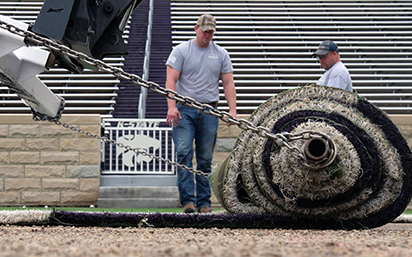
5. Look for the new turf
Earlier this year, Wagner Field at Bill Snyder Family Stadium got a facelift — K-State Athletics removed the old
turf and replaced it with new. “Every school wants their stadium to be a showplace
and this field is going to be the beautiful centerpiece to our great facility,” said
Gene Taylor, K-State Athletics director. “The new surface will greatly enhance our
student-athlete performance on the field as well as the viewing experience for our
fans and television viewers across the country.” View more photos of the turf replacement process. (Photo: K-State Athletics)
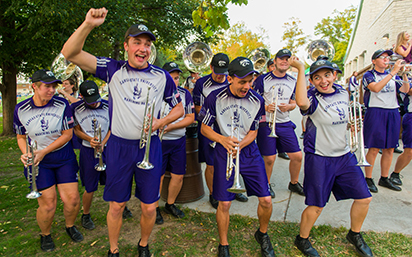
6. Save the date: Homecoming 2018
Be sure to mark your calendar for K-State’s 2018 Homecoming, Oct. 7-13! This year’s theme is “Little Apple, Big Entertainment.” Favorite Homecoming
traditions include the parade and pep rally, Oct. 12, followed by the K-State Alumni
Association Homecoming pregame and Homecoming football game vs. Oklahoma State, Oct.
13. Follow us on social media for the most up-to-date information on Homecoming events and how to sign up for our
Homecoming pregame. (Photo: David Mayes ’96, K-State Alumni Association)
The Junior Wildcats Club program and Alumni Association pregames are sponsored by BRIGGS AUTO.


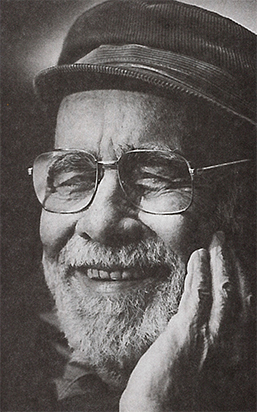 According to an article in the July 1993 edition of the K-Stater magazine, Wexler ended up at K-State almost by chance. He called himself a “totally
lost soul…I was totally restless.” Never giving up on her son’s future, his mother
happened upon some information about K-State, and “chance” turned into “destiny.”
According to an article in the July 1993 edition of the K-Stater magazine, Wexler ended up at K-State almost by chance. He called himself a “totally
lost soul…I was totally restless.” Never giving up on her son’s future, his mother
happened upon some information about K-State, and “chance” turned into “destiny.”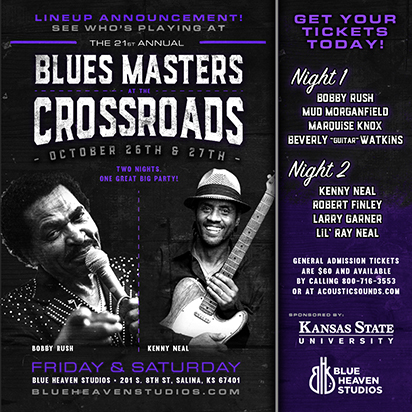 Although Wexler passed away in August 2008, at the age of 91, he leaves behind an
incredible contribution to the music industry that is being discovered by new generations
of fans every day.
Although Wexler passed away in August 2008, at the age of 91, he leaves behind an
incredible contribution to the music industry that is being discovered by new generations
of fans every day.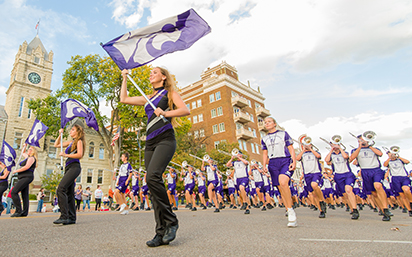
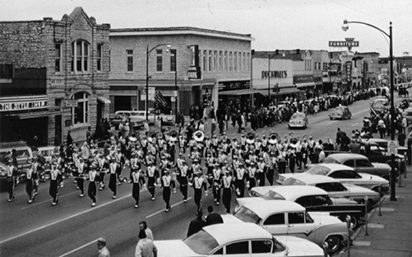
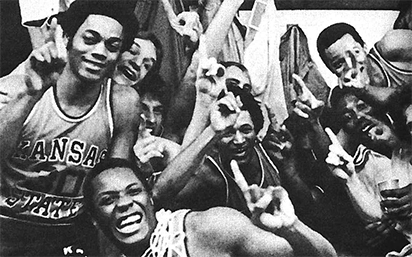
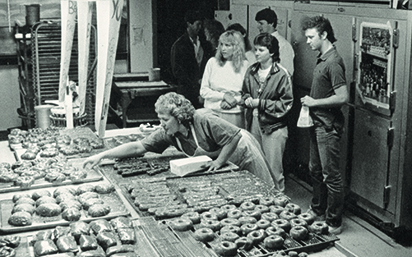
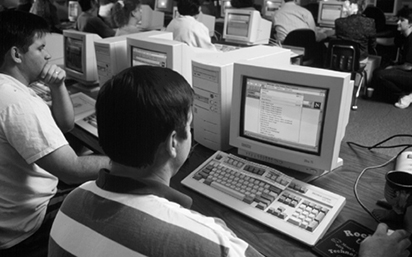
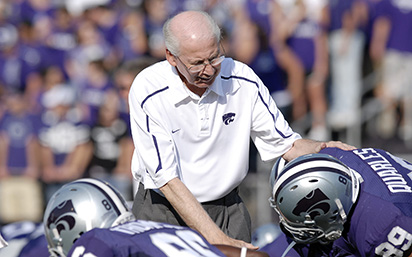
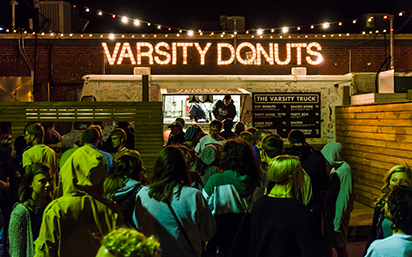
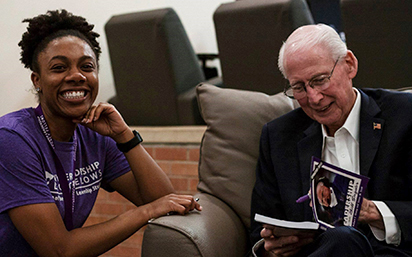
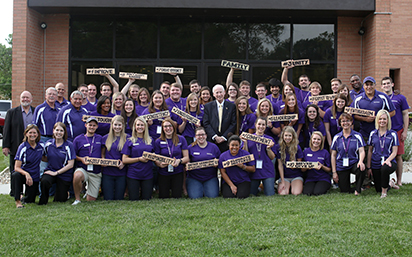 Frank Hernandez III ’92, Houston, Texas, is a current member of the K-State Alumni
Association board of directors and is passionate about sharing the benefits of the
Snyder Fellows program. He serves as an advisory board member for the Snyder Fellows
and supports the program in various capacities, including guest lecturer, retreat
guest speaker, development outreach and more.
Frank Hernandez III ’92, Houston, Texas, is a current member of the K-State Alumni
Association board of directors and is passionate about sharing the benefits of the
Snyder Fellows program. He serves as an advisory board member for the Snyder Fellows
and supports the program in various capacities, including guest lecturer, retreat
guest speaker, development outreach and more.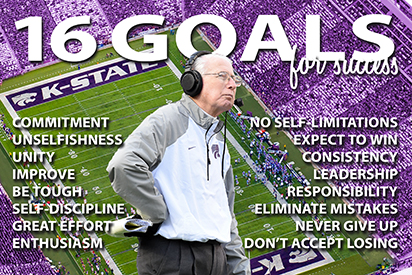 The program has already paid off for recent grad Tracie Thibault ’18, and she thanks
the university for making the program possible.
The program has already paid off for recent grad Tracie Thibault ’18, and she thanks
the university for making the program possible.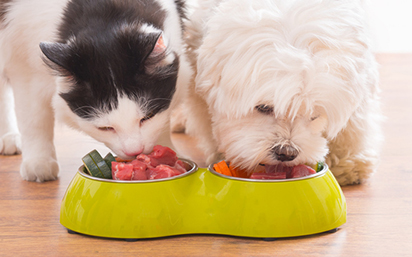
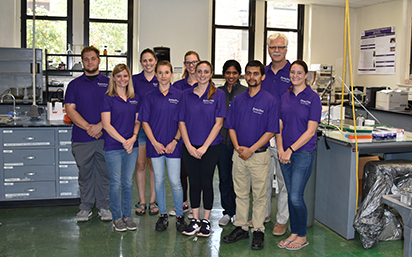 So, what exactly does pet food research look like? According to the program
So, what exactly does pet food research look like? According to the program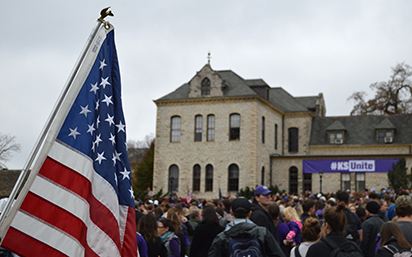
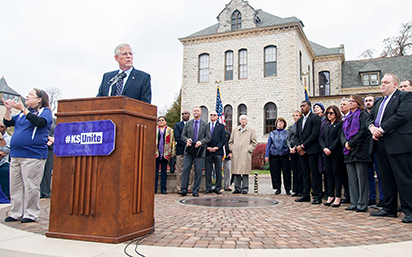 KSUnite has since encompassed a variety of events, including facilitated conversations
on important topics such as K-State’s principles of community; cultural competency
through curriculum; an update on the Multicultural Center project; need-based scholarships;
campus safety; and more.
KSUnite has since encompassed a variety of events, including facilitated conversations
on important topics such as K-State’s principles of community; cultural competency
through curriculum; an update on the Multicultural Center project; need-based scholarships;
campus safety; and more.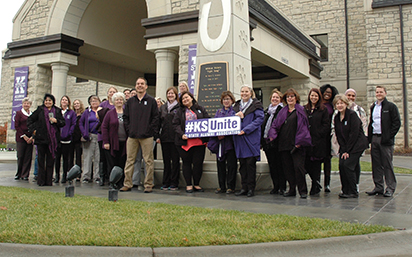 The Alumni Association encourages all of our alumni and friends to look for ways they
too can play a role in KSUnite.
The Alumni Association encourages all of our alumni and friends to look for ways they
too can play a role in KSUnite.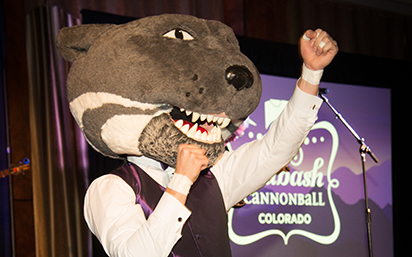
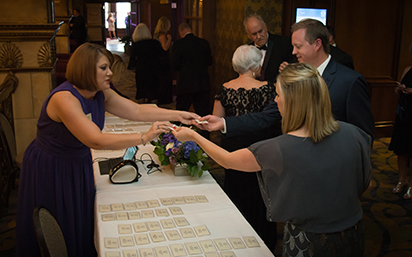
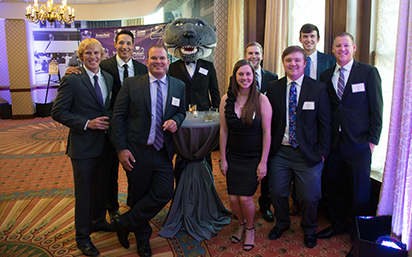
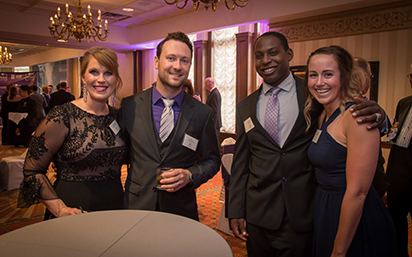
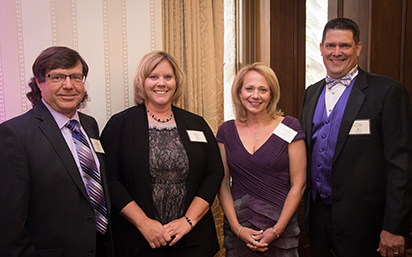
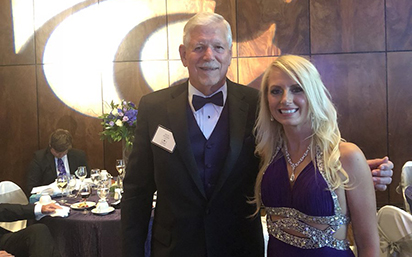
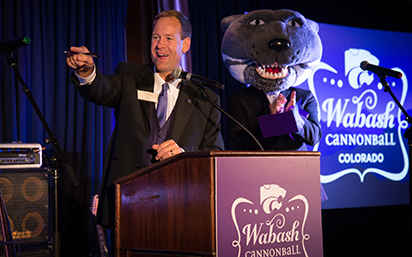
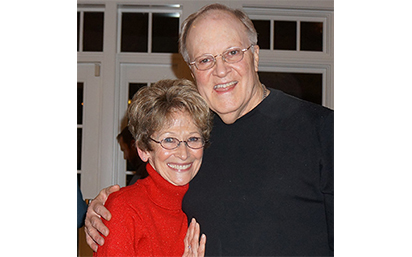
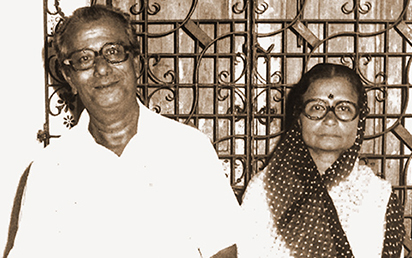 This particular memory stuck with Jim and his wife until they were reunited with Chakrabarti
at the banquet. With that memory in mind, the opportunity to help students and honor
Chakrabarti’s late father could not be passed up by the Haymakers. They decided to
provide a $100,000 scholarship toward this purpose. Kathy suggested the scholarship
should be in Chakrabarti’s late father’s name, so it is named the Raghunath Chakrabarti
Dare to Dream Scholarship.
This particular memory stuck with Jim and his wife until they were reunited with Chakrabarti
at the banquet. With that memory in mind, the opportunity to help students and honor
Chakrabarti’s late father could not be passed up by the Haymakers. They decided to
provide a $100,000 scholarship toward this purpose. Kathy suggested the scholarship
should be in Chakrabarti’s late father’s name, so it is named the Raghunath Chakrabarti
Dare to Dream Scholarship.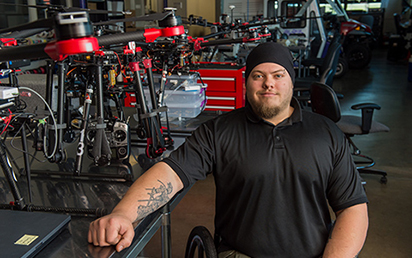 K-Staters don’t shy away from challenges.
K-Staters don’t shy away from challenges.